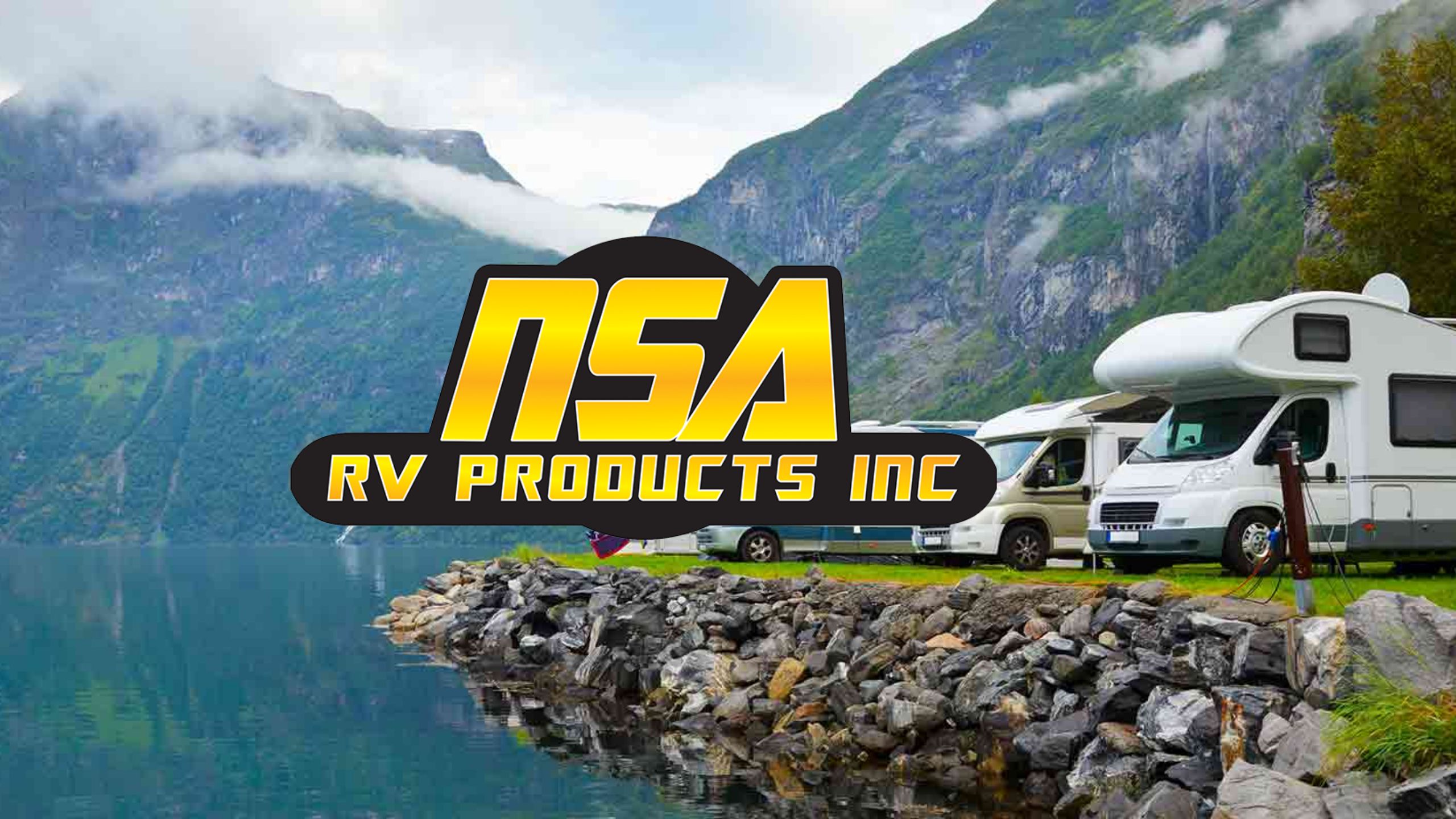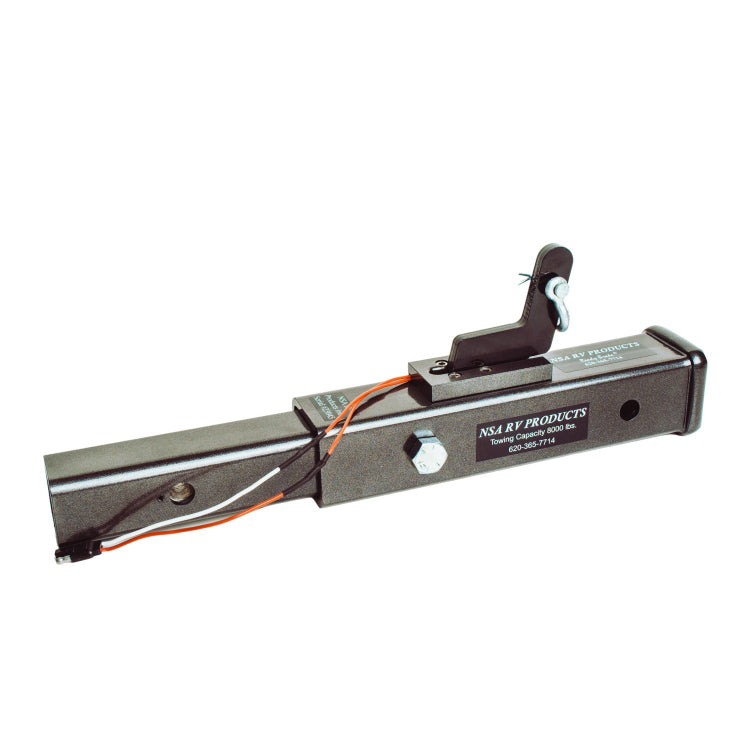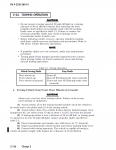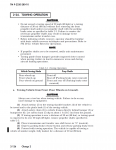deshet
Active member
- 146
- 38
- 28
- Location
- Virginia Beach, VA
What are your opinions on flat towing a Humvee?
I have a 40,000 lb military tow bar.
The trip would be a thousand miles.
I would probably bring two Humvee tires with me just in case I ran into problems
I am wondering if I would need to remove the drive shafts?
I have seen the Marines locally towing Humvees using this setup
I apologize for all the questions I really just don't want tow the triple axle Farm trailer that far as storing it for a week is really a pain.
I appreciate the support
I have a 40,000 lb military tow bar.
The trip would be a thousand miles.
I would probably bring two Humvee tires with me just in case I ran into problems
I am wondering if I would need to remove the drive shafts?
I have seen the Marines locally towing Humvees using this setup
I apologize for all the questions I really just don't want tow the triple axle Farm trailer that far as storing it for a week is really a pain.
I appreciate the support

















